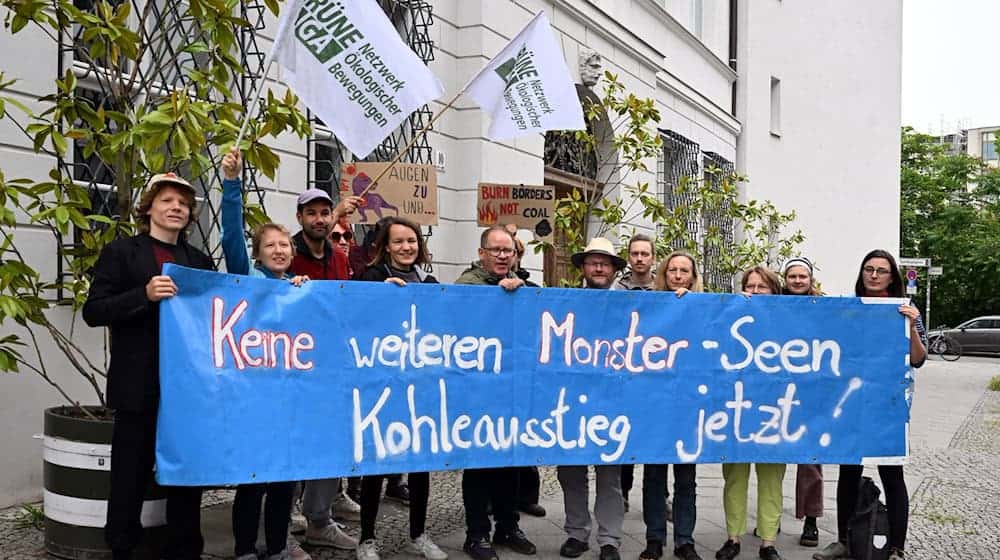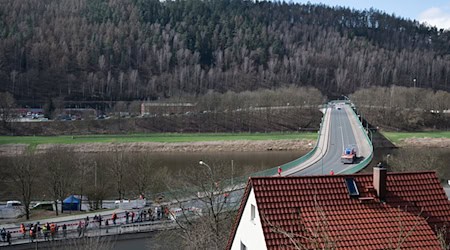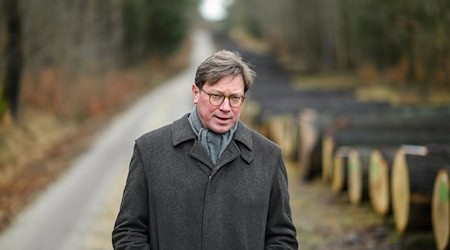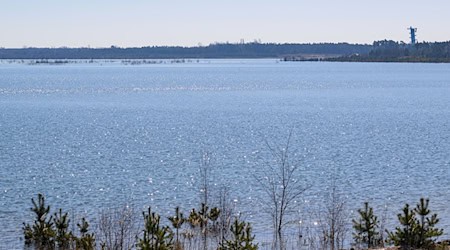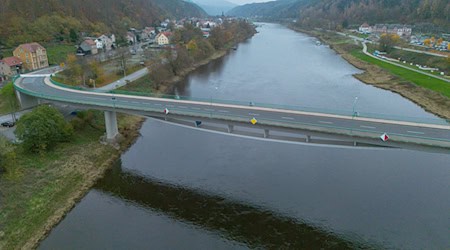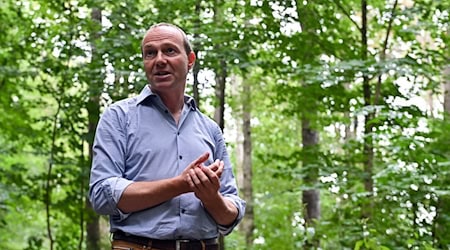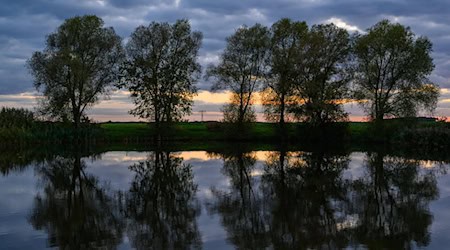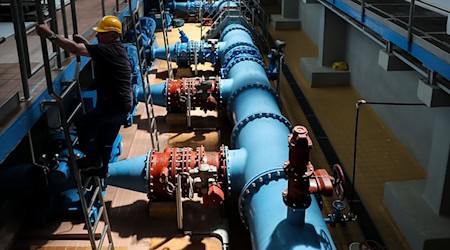Three eastern German states are demanding more support from the federal government for the future water supply in Lusatia and the Berlin-Brandenburg metropolitan region. Following the decision to end lignite mining in Lusatia in 2038, experts expect the Spree, which is important for Berlin's drinking water supply, to carry significantly less water because hardly any groundwater will be pumped into the river from open-cast mines.
Reduced water availability must not jeopardize the basis of life or structural change in the region, according to a declaration adopted by the heads of government of Saxony, Brandenburg and Berlin at a meeting in the capital on Friday. Joint, rapid, targeted and sustainable action by politicians, authorities, mining companies and society is therefore absolutely essential.
The declaration points out that coal-fired power generation in Lusatia has played and continues to play a major role in ensuring a reliable energy supply in Germany. Additional changes to the water balance in Lusatia are now to be expected in connection with the coal phase-out. Against this backdrop, the federal government has a duty to financially secure the necessary water management adjustments.
A study by the Federal Environment Agency has found that the drinking water supply in the greater Berlin area and along the River Spree is threatened by major bottlenecks. With the end of lignite mining in Lusatia, the river could carry up to 75 percent less water locally in dry summer months. The office advises transferring water to the Spree from neighboring rivers such as the Elbe, Lusatian Neisse and Oder. This could be done using pipes or tunnel solutions in conjunction with water reservoirs, for example.
Copyright 2024, dpa (www.dpa.de). All rights reserved

